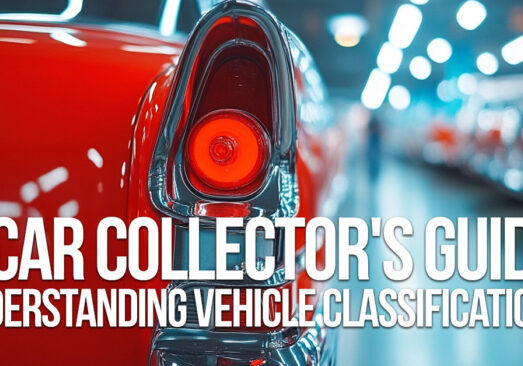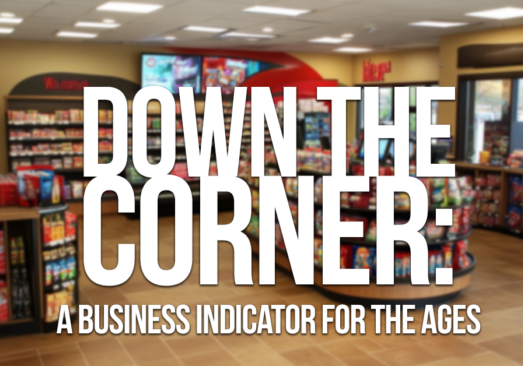Pre-Existing Conditions: What You Need to Know Before You Buy Insurance

Pre-Existing Conditions: What You Need to Know Before You Buy Insurance
Pre-existing conditions are medical conditions that you have before you enroll in an insurance policy. Insurance companies use pre-existing conditions to determine whether to approve your application and what rates to charge you.
In general, pre-existing conditions will not be covered by insurance policies. This is because insurance companies are designed to protect you from future events, not to cover past medical expenses. However, there are a few exceptions to this rule.
Health insurance under the Affordable Care Act (ACA) is available through an open enrollment period each year. During this time, you can apply for coverage regardless of your health status. The ACA also prohibits insurance companies from denying coverage or charging higher rates based on pre-existing conditions.
Medicare also accepts pre-existing conditions in its Initial Enrollment Period (IEP). When you sign up for Medicare Part A for the first time, you have a seven-month IEP during which you cannot be denied coverage or charged higher rates.
Some employer-sponsored health insurance plans also cover pre-existing conditions for new employees. However, the rules for employer-sponsored health insurance vary depending on the size of the company and the plan itself. It is important to check with your employer to see what coverage is available to you.
If you have a pre-existing condition and are not eligible for coverage under one of the exceptions listed above, there are a few things you can do to protect yourself:
- Shop around for different insurance policies. Some insurance companies may be more willing to cover pre-existing conditions than others. Be sure to compare quotes from different companies before you choose a policy.
- Consider purchasing a high-deductible health plan (HDHP). HDHPs typically have lower premiums than other types of health insurance plans, but they also have higher deductibles. This means that you will have to pay more out-of-pocket for medical expenses before your insurance coverage kicks in. However, HDHPs often offer health savings accounts (HSAs), which can help you to save money for medical expenses.
- Look for short-term health insurance plans. Short-term health insurance plans are designed to provide temporary coverage for people who are between jobs or waiting for other coverage to take effect. Short-term health insurance plans typically do not cover pre-existing conditions, but there are a few exceptions.
If you have a pre-existing condition, it is important to talk to an insurance agent to discuss your options. An insurance agent can help you to find the right coverage for your needs and budget.
Additional tips:
- If you are considering buying pet insurance, be sure to read the fine print carefully. Most pet insurance policies do not cover pre-existing conditions, or only cover them after a waiting period.
- If you are considering buying long-term care insurance, it is important to act early. Long-term care insurance premiums are typically based on your age and health status. The earlier you buy long-term care insurance, the lower your premiums will be.
- If you are unsure whether or not you have a pre-existing condition, be sure to talk to your doctor. Your doctor can help you to understand your medical history and determine whether or not you have any pre-existing conditions.
By understanding pre-existing conditions and your insurance options, you can make sure that you have the coverage you need to protect yourself and your family.
Contact Us
OUR LOCATION
11916 Washington Street Northglenn, Colorado 80233
720-249-3038
© Copyright 2025 Premium Advantage Insurance, LLC | All Rights Reserved
Site by ICA Agency Alliance
11916 Washington Street Northglenn, Colorado 80233
720-249-3038
© Copyright 2025 Premium Advantage Insurance, LLC | All Rights Reserved
Site by ICA Agency Alliance






























































